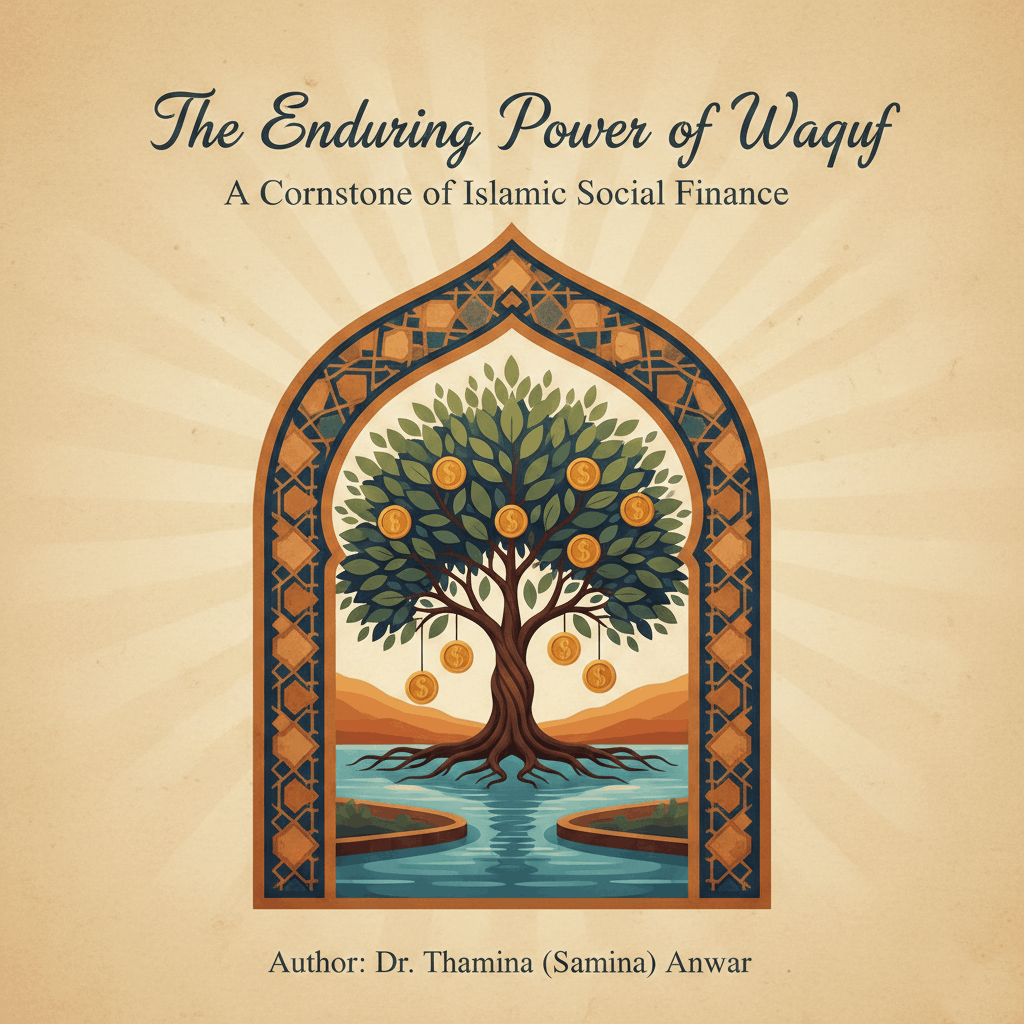People receiving or expecting to receive the State Pension have been cautioned that they may need to wait longer before becoming eligible. The age at which people can claim the State Pension may be increased sooner than previously planned, with the Labour government under pressure to take action on the matter.
A government review published in 2023 recommended that the increase in State Pension age to 68 be brought forward. Currently, the State Pension age is 66 for both men and women, but it is scheduled to rise to 67 by 2028 and then to 68 by 2046. However, the 2023 Conservative-led review proposed pushing this age increase forward to 2041, which could impact people born in the early to mid-1970s.
This would mean that individuals born in the 1970s might not be able to retire until they are at least 68, and those born in the 1980s or 1990s could face working well into their 70s before qualifying for the State Pension.
The current State Pension system was introduced in 2016, replacing the older version often referred to as the ‘basic State Pension’. Those who reached the qualifying age before 2016 remain on the old scheme, while new claimants are placed on the new State Pension. Eventually, the old system will be phased out entirely.
As of now, the State Pension age is 66, and you can use the official GOV.UK website to check your exact pension age. Importantly, State Pension payments are not issued automatically. Around four months before you reach your qualifying age, the Pension Service will send you a letter inviting you to claim.
At that point, you can choose to start receiving your payments or defer them in exchange for higher payouts in the future. However, while deferring can increase your pension amount, it may also impact any benefits you currently receive. If you're considering deferring, it's advisable to seek professional advice to fully understand the implications.







_2.jpg)
.svg)

_3.jpg)